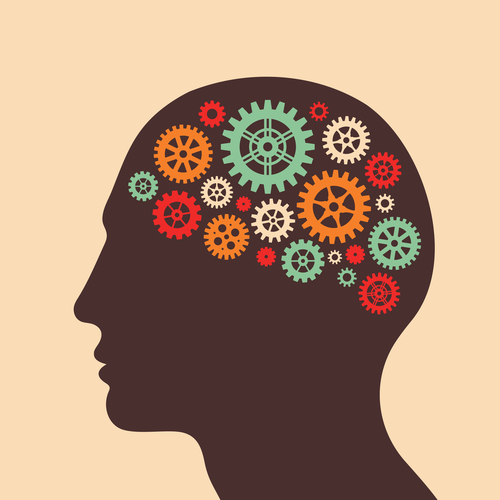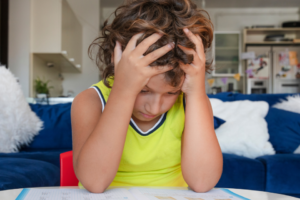
Get Psyched: The Case for Teaching Psychology in High School
 Though not a high school staple like math or English, psychology is becoming more and more popular as an elective for high school students. In fact, according to data from the College Board, more students sit for the AP Psychology exam than for the AP World History, Economics, or Geography tests*. What is it about psychology that is capturing the minds of young people? Student and blogger Hanna Loesch put it well:
Though not a high school staple like math or English, psychology is becoming more and more popular as an elective for high school students. In fact, according to data from the College Board, more students sit for the AP Psychology exam than for the AP World History, Economics, or Geography tests*. What is it about psychology that is capturing the minds of young people? Student and blogger Hanna Loesch put it well:
“No matter what field you go into, you will need to know how to understand and communicate with people. You will need to know how to deal with all different types of people, and you will need to know why they act the way that they do. Everybody should know that. It is something that can’t be learned in math class by multiplying polynomials, but at the same time, everybody, including mathematicians, needs to know it.”**
Hannah certainly makes a solid case for the importance of teaching and learning psychology. There are further benefits to be reaped from making psych a basic part of the high school experience:
Cultural Competence: Ethnicity, religion, sexual identity, and gender are hugely important in our culture. Coming out of high school with an understanding of diversity is unbelievably beneficial. Cultural competence is a skill that should be right up there with mathematical competence and understanding of grammar and English. Today, more than ever as our culture changes at breakneck speed, we need to be sure we are molding open, inquisitive minds that can see situations from many different perspectives and with great empathy and objectivity.
Inclusion: Studies have shown that incorporating psychology into school curricula can actually bridge the gender gap. Overall, high school girls lag far behind boys in science competence with one exception: psychology. Statistics show that in 2012, the number of girls who received an “A” in psychology courses “was more than double that of the boys, and girls gained significantly more A to C grades than their male classmates.”*** Educators believe that girls engage more with psychology than with any other science course. The sad part, however, is that many schools do not teach psychology, unfortunate because it could help level an uneven playing field.
Understanding Triggers: Psychology explores why people do things. This can help young people understand the underlying reasons for problems that plague adolescent culture, such as substance use, peer pressure, self-harm, anxiety, eating disorders, anger issues, and suicide. Providing our kids with an understanding of the “why” behind things, rather than brushing those problems under the rug, can increase compassion and lead to prevention.
A Helping Profession: It is important to convey to students the many career options and paths of study that exist after high school. How many students know about the field of social work, for instance? So many students these days voluntarily engage in helping activities such as community service or faith-based social work, so it makes sense to open their minds to a subject that may help further those wonderful helping interests.
Building Self-Awareness: Understanding others is impossible without first understanding oneself. Psychology courses can help young people understand the roots of their actions, reactions, feelings, and behaviors. From Pavlov’s dogs to Erikson’s Hierarchy of Needs, so many psychological theories and studies are immediately applicable to students’ lives and experiences. Learning about these can only deepen a young person’s ability to be empathic and understanding of others.
It’s Interesting! Lastly, psychology is a fascinating topic. I have heard many of my own students tell me how much they love their psych courses. Hanna Loesch agrees: “I am three months into the year, and third period psych still never fails to be the highlight of my day at school.” For many students, a course like psychology is a welcome reprieve from the “usual” suspects like math and history. And anything we can do to engage student interest should be further explored.
*http://psychlearningcurve.org/understanding-the-value-and-reach-of-high-school-psych/
**http://www.huffingtonpost.com/hannah-loesch/ap-psychology-class_b_4418571.html
***https://www.theguardian.com/teacher-network/teacher-blog/2013/feb/08/psychology-schools-girls-science-gender-gap
Written by Phil Lane
Contact us today to learn more about how our tutors can help your child this fall!
Tag:psychology



